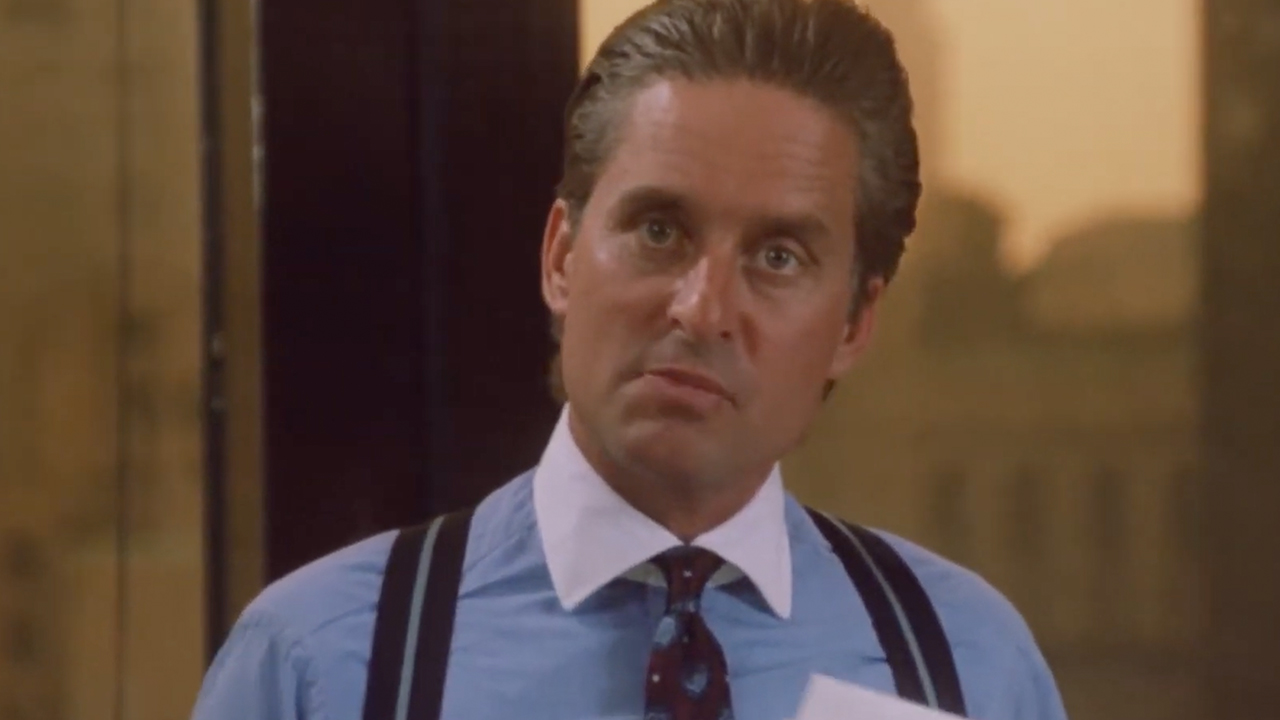I Rewatched Network And It's Disturbing Just How Relevant It Still Is, But That’s Not All I Took Away From It This Time
The messed-up “love story” hit me different this time.
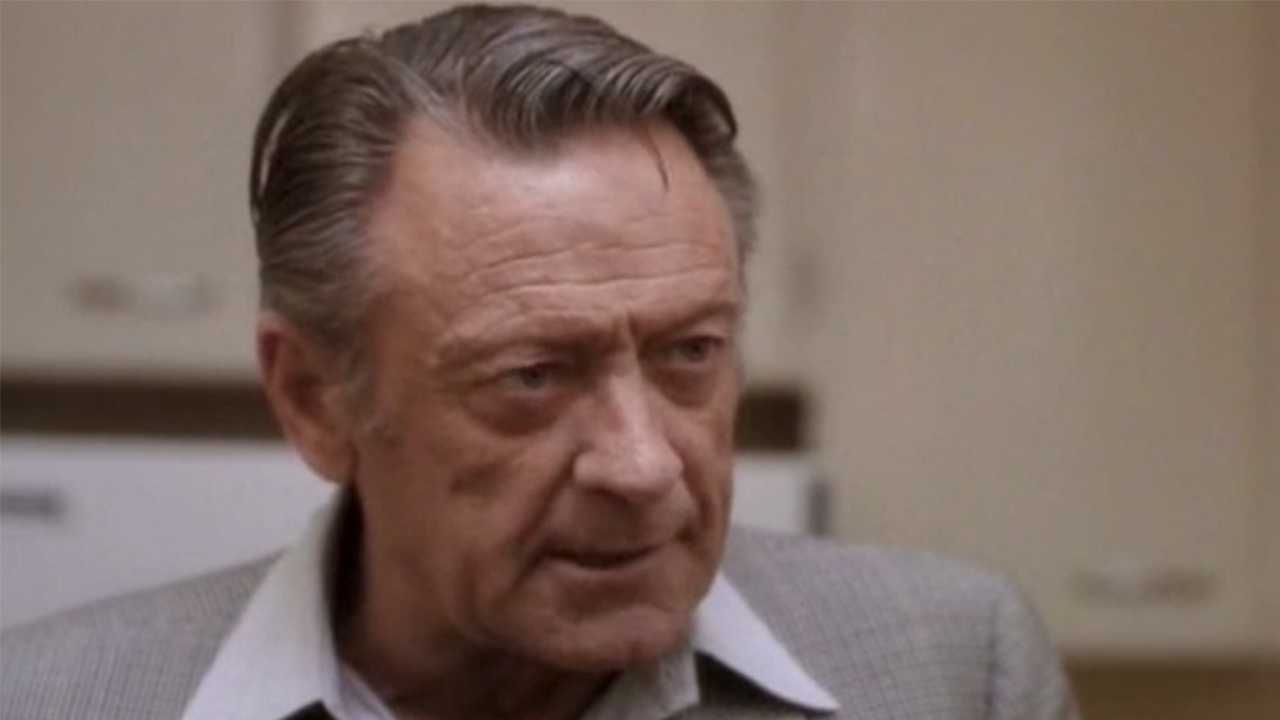
Your Daily Blend of Entertainment News
You are now subscribed
Your newsletter sign-up was successful
I haven’t watched Network in about 20 years. I’ve always considered it one of my favorite movies, but aside from occasionally watching Ned Beatty’s and Peter Finch’s classic speeches in the movie on YouTube, for whatever reason, I haven’t revisited it much. I recently rewatched it, and while the message is still disturbingly accurate – maybe moreso than it was when it was released in 1976 – there was something else that grabbed my attention this time.
The tangled, messy relationship between Max (William Holden) and Diana (Faye Dunaway) was something I always saw as a distraction from the main point of the film. It makes sense in the context of the story (sort of), but I never connected with it like I did watching it recently.
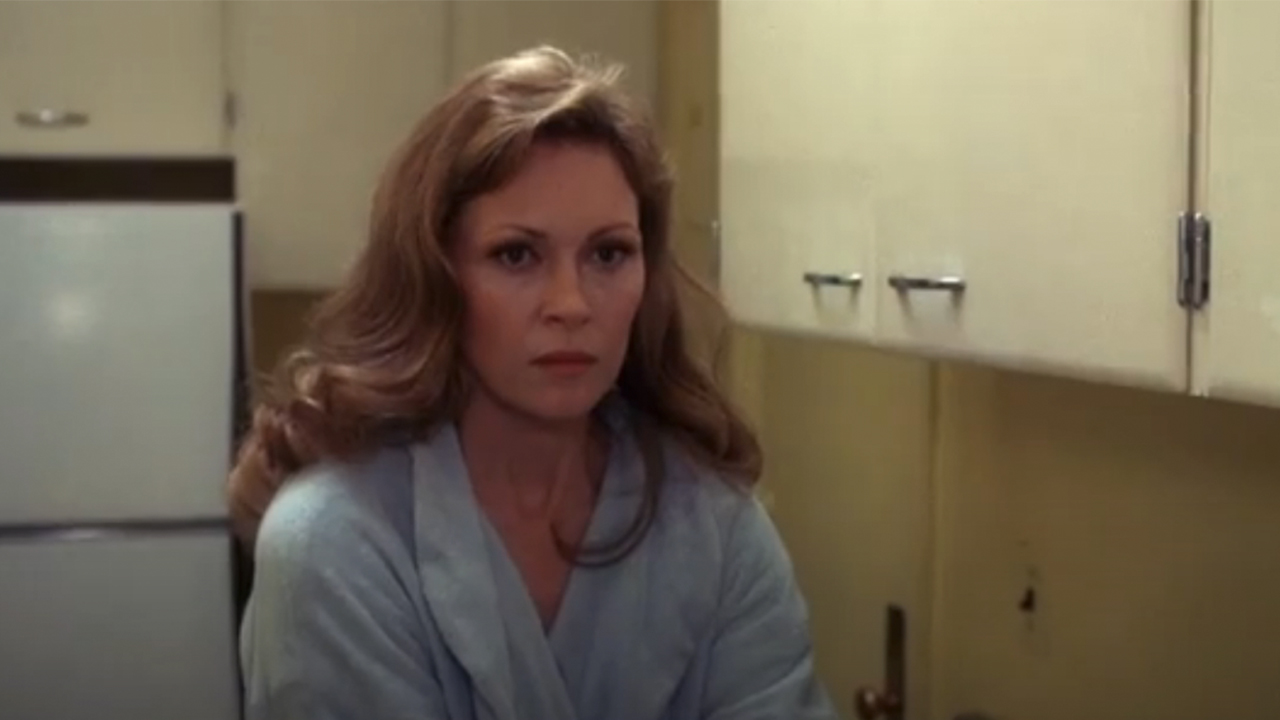
The Movie Really Ties Together Diana’s Nihilism In Her Professional And Private Lives
Diana is as cutthroat and ambitious as any movie character ever, and she has a cold, remorseless attitude about the television industry that has been written about many times over the last 50 years or so. That coldness is reflected in her affair with her much older boss, Max. What starts as a fling eventually turns into a cohabitation situation. Max leaves his wife for Diana and soon starts to lament his choices.
The two are arguing in the kitchen of their apartment, and Max says to Diana,
I feel lousy about the pain that I've caused my wife and kids. I feel guilty and conscience-stricken, and all of those things you think sentimental, but which my generation calls simple human decency.
It’s what he says next that really resonates with me,
I'm beginning to get scared shitless, because all of a sudden it's closer to the end than the beginning, and death is suddenly a perceptible thing to me, with definable features.
I had a major health scare in 2024, and it really set in that I’m getting older. I don’t fear that death is right around the corner, but death feels very real to me now, in a way that it never had before. It’s a perceptible thing. It has definable features. I was so struck by this moment in the movie that I actually had to pause it and ruminate on that line for a few minutes.
In the scene, Max is upset at himself for some of the choices that he has made. I’ve been lucky enough to have not made similar choices as the aging TV executive, and I’m not as old as Max is in the movie. I still have a lot of my career left and, hopefully, a lot of life left. Still, I’m in a place now, looking ahead to my next birthday when the odometer is going to roll over into a new number at the front, and I can’t help but think about how much time I really have.
Your Daily Blend of Entertainment News
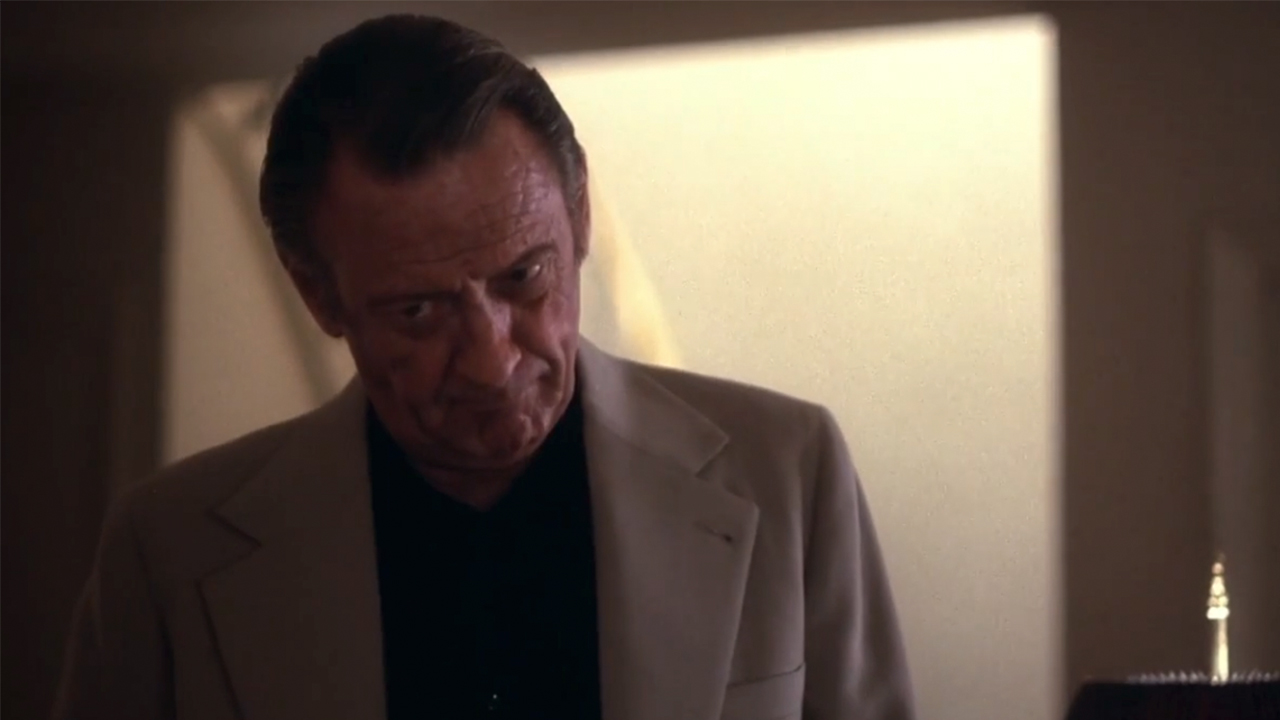
I Noticed My Own Nihilism Creeping In
When I first saw one of the best movies of the '70s, Network, in my early 20s, I was full of vim and vigor. I wanted to take on the world, and politics got me angry and excited. I was worried about the future, as I had a lot of it ahead of me. Reality TV was on the rise, corporations exerting more influence on politics and everyday life, and I was disturbed by it. In the decades since, things have only gotten worse. That was what this article was supposed to be about.
That aspect of Network has been, for lack of a better phrase, beaten to death over the years. Books have been written about how prescient writer Paddy Chayefsky was with his brilliant screenplay and the great quotes from it. Mass media has only grown bigger and more influential, and now we have social media performing the role that TV used to, and it's like TV on steroids. It has, frankly, made things worse than they are in the movie. The quest for followers and views, like Diana’s thirst for better ratings in the film, drives so much of what people do and say on social media that facts don’t matter. All that matters is being more outrageous and more shocking than the last person.
I’ve become numb to it all, in a way. Sure, I still see red when I something really upsets me, but not like I used to. The film made me wonder if the future of the world isn't as important to me anymore, and I worry if that kind of nihilism will only increase as I get older. There is only so much I can do, and frankly, I’m not “mad as hell” right now. I’m resigned to the status quo. I don’t like it.
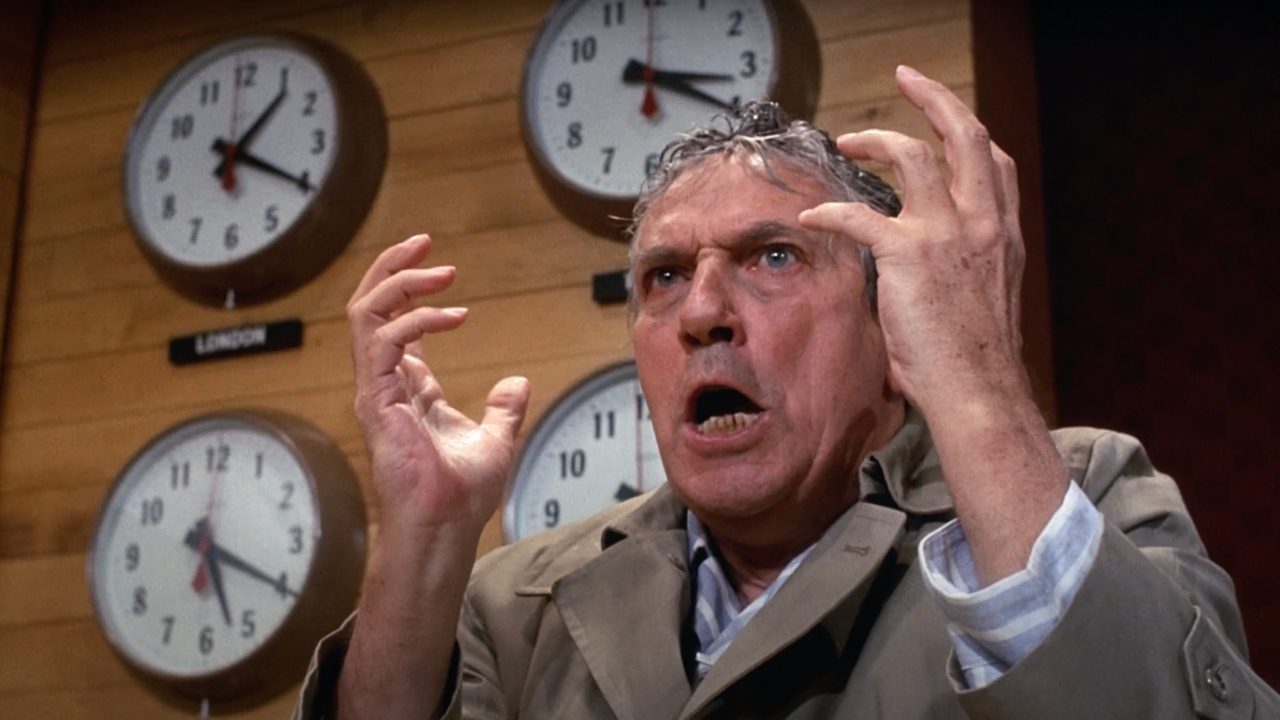
Network Used To Scare Me For The World, Now It Scares Me For Myself
Maybe this is a call to action. I need to find that fire I used to have. I need to take the words of Howard Beale (Finch) more seriously. I need to get “mad as hell.” As dark as the satire is in Network, it was also inspiring to me in the ‘90s; it should be even more so in the ‘20s. I should want to take on the “primal forces of nature,” as Ned Beatty says in his only scene in the movie.
What makes Network great is that it is the kind of story that teaches viewers different things at different points in their lives. Just like rereading Catcher in the Rye as an adult made me hate Holden Caulfield, after adoring him as a teenager when I first read the book. Great stories have the ability to be chameleon-like in their message, and Network is one of those great stories.
It has reminded me that, in the words of Howard Beale that “I'm a HUMAN BEING, God damn it! My life has VALUE!” So, it’s time for me to get up, open the window, stick my head out, and yell “I’m not going to take it anymore!”
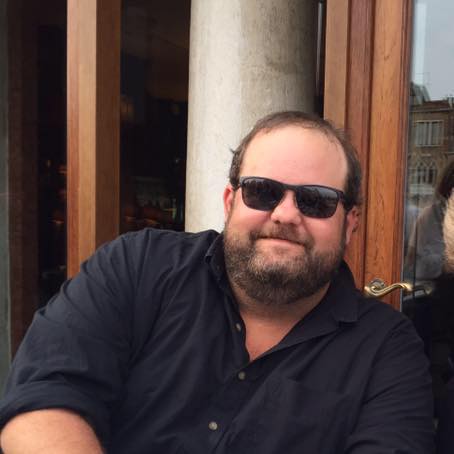
Hugh Scott is the Syndication Editor for CinemaBlend. Before CinemaBlend, he was the managing editor for Suggest.com and Gossipcop.com, covering celebrity news and debunking false gossip. He has been in the publishing industry for almost two decades, covering pop culture – movies and TV shows, especially – with a keen interest and love for Gen X culture, the older influences on it, and what it has since inspired. He graduated from Boston University with a degree in Political Science but cured himself of the desire to be a politician almost immediately after graduation.
You must confirm your public display name before commenting
Please logout and then login again, you will then be prompted to enter your display name.
